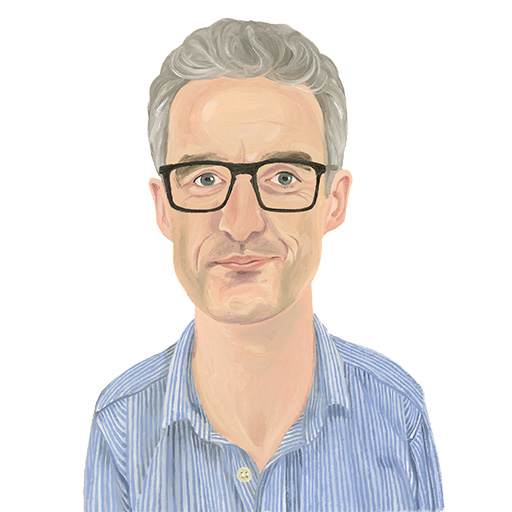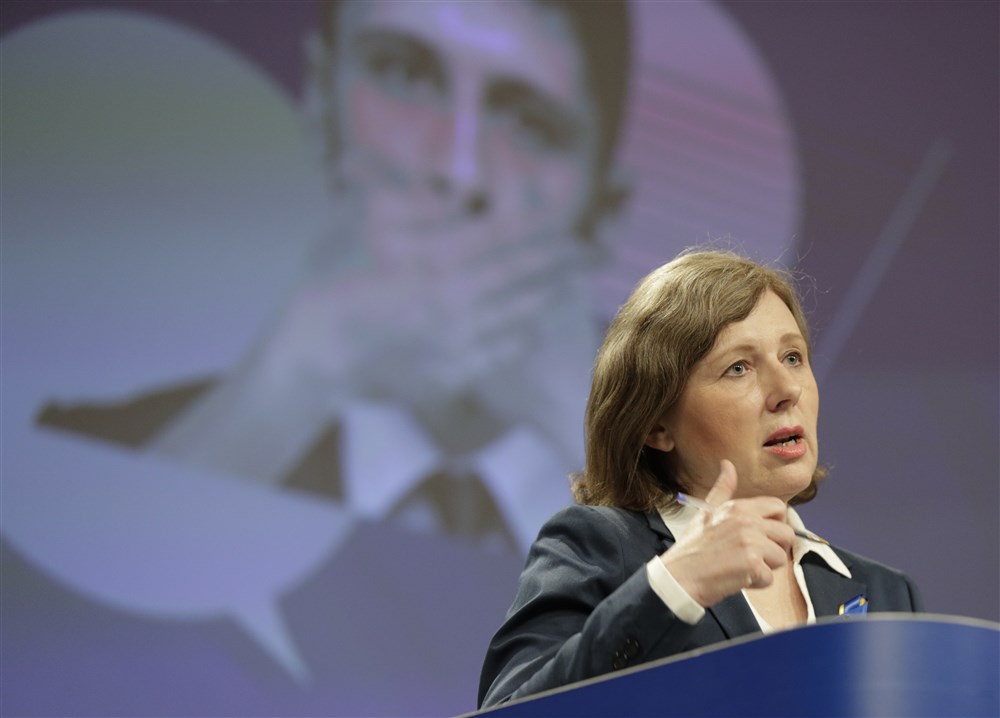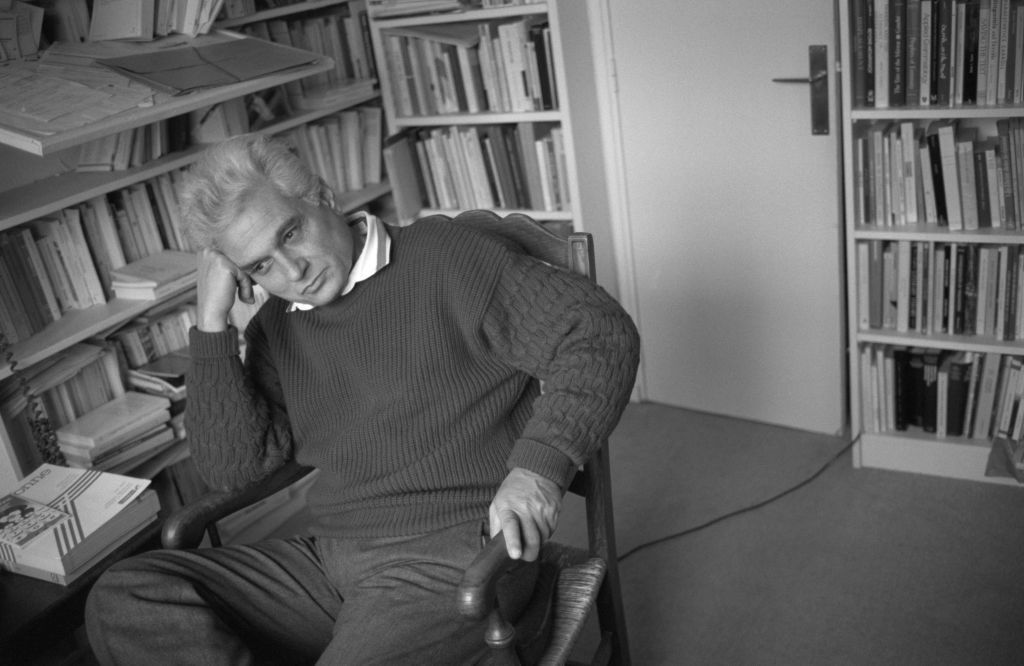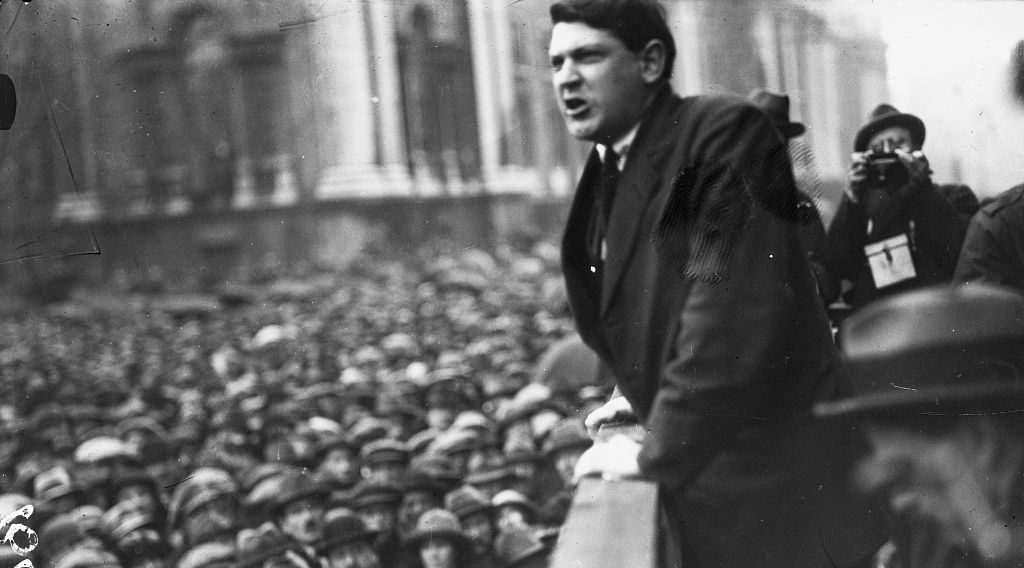Paul Coleman serves as executive director of ADF International (Alliance Defending Freedom) from its headquarters in Vienna, Austria. ADF International is a faith-based legal advocacy organisation operating globally that “protects fundamental freedoms and promotes the inherent dignity of all people”.
Specialising in international human rights and European law, Coleman has been involved in more than 20 cases before the European Court of Human Rights (ECHR) and has authored complaints and submissions to the Inter-American Court of Human Rights, International Criminal Court, Court of Justice of the European Union, UN Human Rights Committee, and numerous national courts.
Coleman has authored legal submissions in numerous precedent-setting cases before the European Court, including three Grand Chamber victories. In Gross v. Switzerland, he submitted that no right to assisted suicide or euthanasia exists under the European Convention on Human Rights. In F.G. v. Sweden, Coleman argued that European countries have a duty to protect Christian converts escaping persecution in their native countries. In Nagy v. Hungary, he argued that churches must have the freedom to manage their internal affairs without interference from the government or other state bodies.
In his book Censored: How European ‘Hate Speech’ Laws are Threatening Freedom of Speech, Coleman addresses the rise of so-called “hate speech” laws throughout Europe and their “devastating effect on freedom of speech”. ADF International highlights how “in Germany, for example, committing an ‘insult’ is a criminal offence and in Poland offending ‘religious feelings’ carries a two year prison sentence. In Cyprus, anyone who promotes ‘feelings of ill will’ may be committing a crime, while in Sweden anyone who expresses ‘contempt’ towards a group of people may be imprisoned”.
Brussels Signal: Why do you think this rise in “hate speech laws” has happened relatively recently, and what are the main lessons that EU citizens and public figures should draw from this trend?
Restrictions on speech have been steadily growing in the West for some time. Indeed, earlier versions of many of the “hate speech” laws that exist today have been around since the 1970s and 1980s.
There are multiple reasons why the use of these laws has increased in the past decade. First, many of these laws were amended to protect groups other than race or ethnic origin – including sexual orientation and gender identity. This means long understood beliefs on marriage, biology and human sexuality may now be considered “hate speech” – greatly increasing the application of these laws.
Secondly, these laws are so vaguely worded that it is easy for them to become weaponised to silence opponents, and once people realised how effective the accusation of “hatred” is to shut down debate, the use of these laws grew. Thirdly, one pattern we see throughout history is that once the shrinking dictionary begins, there is no logical stopping point. Hence, censorship begets censorship, and it is a trend that is continuing to unfold.
After the Second World War, when the international human rights framework was established, the Soviet delegations constantly tried to include “Hate-Speech” provisions into the treaties. They wanted to abolish or at least limit free speech by introducing a vague concept: If what you’re saying might be potentially offensive to any person, then you could be criminally prosecuted for it. They failed and the early human rights declarations strongly affirmed free speech.
In the last ten years a similar yet culturally stronger ideology than Communism has become increasingly influential in politics and legislation: critical theory, also called cultural Marxism. Perhaps the biggest reason for the increase of these laws is due to the rise of critical theory. The core idea is that everything – all structures, values and even truth itself is a consequence of oppressive power. Once you have understood this, you’re “woke”. Woke-ism tries to reach social justice by oppressing ideas, institutions and representatives that allegedly historically had power. And the oppression manifests itself strongly in free speech restrictions.
Our response to that should be to speak the Truth with love more intentionally, all the while never submitting to lies or prohibitions to speak. That means to cherish free speech even if you don’t like what a person says.
Brussels Signal: The ADF International website declares that “throughout the world today, marriage is being redefined by national courts and governments, religious liberty is severely threatened, and abortion is routinely promoted as a ‘human right’”. To what degree is this trend happening in the EU?
The EU and many other organisations such as the UN were founded to promote prosperity, peace and the common good based on fundamental rights attributed to every person without distinction. However, we see increasingly how certain actors and institutions create their own rights instead of protecting the inherent dignity and freedoms of everyone.
We call this phenomenon the “the rise of faux rights”. It has become prominent in the UN, where vague concepts start to trump codified rights and existing language is manipulated to mean its polar opposite, such as abortion being considered within the meaning of the “right to life”.
One can see similar trends at the EU, where parts of the EU prefer to speak about “values” rather than existing codified rights such as freedom of religion, freedom of speech, and freedom of assembly. The intention is clear: values are a much vaguer concept and can therefore be interpreted as one wishes. And similarly, banal slogans are used to introduce far-reaching policies. A number of years ago “love is love” was all that was needed to override a concept of marriage that has existed since time began. And more recently, the EU commission is seeking to introduce far-reaching restrictions on speech under the phrase “hate is hate”.
Brussels Signal: When it comes to the seriousness of the proclaimed “threat” to freedom of speech/conscience, there is much disagreement—typically splitting down on whether you are on the Left or the Right. Many conservative media talk of freedom of speech and conscience being under assault. While many of the more liberal media say this is an exaggeration and that the claim is being used for political ends and to stir up conservative voters. How would you sum up the situation: what should people be worried about, and, conversely, what is being exaggerated?
We defend real people whose basic right to freedom of speech or conscience has been violated to an extent that is existential. Around the world we’re dealing with more than 1,500 cases and projects. We don’t only suspect a certain censorship trend; we see it every day. Be it the Christian Democrat parliamentarian in Finland [Päivi Räsänen] who has been censored and charged by the General prosecutor for speaking about Christian beliefs about marriage. Or the liberal parliamentarian in Mexico, [Rodrigo Iván Cortés], who questioned why people identifying as “transgender” have taken seats in the Mexican parliament reserved exclusively for women.
Or the pro-life campaigner [Isabel Vaughan-Spruce] in the UK that was arrested for silently praying in a public place. These are real cases involving real people. And far beyond the headline catching cases, there are thousands of other ordinary men and women who face censorship in the workplace, online, and in the public square for voicing their deeply held beliefs on matters of public interest. It is hard to deny the censorship taking place, but that doesn’t mean people should be worried and forced to self-censor out of fear of punishment. No one should do that!
We need to speak the Truth in love, but not silence ourselves by not speaking about our core convictions. We need to use the freedoms that we have – and if we don’t use them, we are more likely to lose them. And we need to be proactive in using political and legal means to better protect freedom of speech. For example, the UK just passed the Higher Education (Freedom of Speech) Bill, which secures the right to speak freely on universities and fights deplatforming and cancel culture. Such political provisions can also strengthen fundamental freedoms for everyone, which is why ADF UK advocated for the Bill and [we] hope that other countries will follow this lead.
Brussels Signal: How much do you think that the pandemic experience and how governments responded to Covid-19—with the likes of lockdowns and a curtailment of civil liberties unknown in EU liberal democracies—has shifted the so-called Overton Window of what people will now accept in terms of infringement by the state and more authoritarian policies? Is it something that should be spoken about more and, therefore, addressed in terms of action and policy?
I think Covid-19 acted as a catalyst for existing trends – including speeding up the rise of state power and control over the private life of citizens. Based on some post-Covid surveys and public polling, Covid-19 does indeed appear to have shifted the Overton Window in terms of citizens’ acceptance and support for more state power, with many people seemingly prepared to accept future lockdowns and other government restrictions. Sadly, while many lessons are being taken from the pandemic experience, very few discussions seem to focus on the use of state power and this is absolutely something that should be addressed.
To that end, we are supporting a number of cases at the European Court of Human Rights involving the closure of churches, with one in particular being of great interest since the client is Dr. Ján Figeľ. Dr. Figeľ is a long-serving EU official and was Special Envoy for Freedom of Religion or Belief outside the EU from 2016 to 2019. He is seeking to defend freedom of religion in his home country [of Slovakia] and has submitted an application to the European Court of Human Rights on the issue of religious freedom violations stemming from Slovakia’s Covid-19 response.
Figeľ is bringing a challenge to the Court regarding the legality and necessity of communal worship bans. We serve as Co-Counsel in the case at the ECHR and hope it is one of many efforts to place appropriate limits on the use of state power.
Brussels Signal: The recent case surrounding the arrest of Isabel Vaughan-Spruce for silent prayer near a closed abortion facility in Birmingham, England—thus committing an alleged “thought crime”—appears to offer particularly unsettling evidence that society is going in a strange and dangerous direction on certain issues. What can and should be done to counter this trend?
The most important first step would be to become aware for the cultural challenges of our time and to defend fundamental freedoms. We need to realise that cases like the one of Isabel are unfortunately not extraordinary. But many people reacting to this fall in one of two extremes. Either they choose wilful ignorance, trying not to see, not to hear, and lastly not to speak. Or on the other side, some become cynical and think that all is lost, and nothing can be done anymore. But neither fatalism nor ignorance will help. Instead, what I call hopeful engagement is needed, connecting creative minorities to counter the undermining of fundamental freedoms.
Brussels Signal: Are you confident that EU institutions are robust enough to provide the necessary checks and balances? The recent quashing by the European Court of Human Rights on June 8 of a case brought against the 2020 decision of the Polish Constitutional Court that prohibited so-called eugenic abortion based on foetal abnormalities suggests that the ECHR, at least, is doing its job as an impartial instrument of Europe’s judicial system.
The European Court of Human Rights is completely separate from the EU as the ECHR is an institution of the Council of Europe with 46 member states, compared to the EU with its 27 member states. The ECHR is supposed to guard the adherence of all member states to the fundamental rights established in the European Convention on Human Rights.
The court plays an important role in upholding the human rights framework in Europe, but also has shown tendencies in recent years to fall into judicial activism, that is making decisions that would technically fall into the competency of society at-large or national legislatures.
Nevertheless, the recent decision of the ECHR in a case brought against the legal protections for unborn babies with disabilities is encouraging. The court rejected the claim that such protections would violate a so-called “right to abortion”, which is a prominent example of a false or “faux” right. Whenever courts stick to the law and apply it, instead of inventing new rights, they are doing a good job.
Brussels Signal: What one issue most keeps you awake at night in terms of representing the greatest threat to, or undermining of, fundamental freedoms, and in terms of finding a coherent strategy to address it?
As a lawyer, my biggest concern is whether the rule of law itself will hold out against some of the activistic trends we are seeing across the continent, and whether or not the courts, including international human rights courts such as the ECHR, will uphold our fundamental rights as enshrined in international treaties and national constitutions.






Spain’s Left could implode as Greece’s did: That might please conservatives but loss of effective opposition doesn’t help anyone